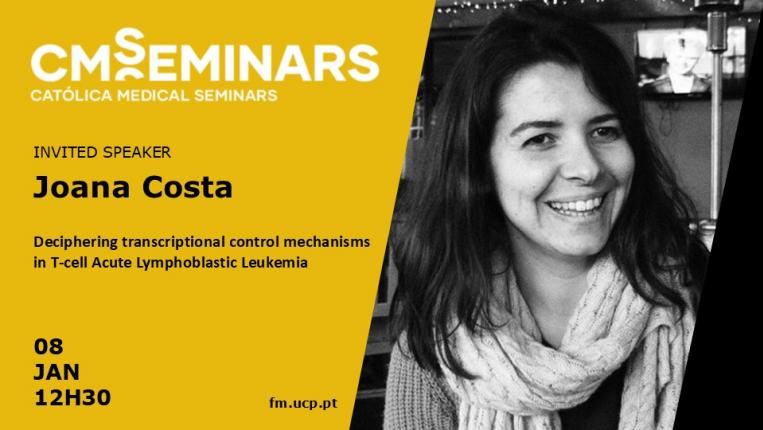This CU is the modular type, subsequent of Digestion and Defence I CU and has no precedent.
Intended learning outcomes (knowledge, skills and competences to be developed by the students)
- Acquire and develop knowledge on epidemiology of the incidence and prevalence of type 2 diabetes and obesity worldwide and its expected increase in developed and developing countries;
- Acquire and develop knowledge about pathophysiology and metabolic aspects, ie, glucose balance, insulin-derived mechanisms, insulin resistance, lipid metabolism and its disorders in diabetes and, in general, pointing to mechanisms that explain the development of diseases microvascular and macrovascular complications in diabetes, as well as other comorbidities;
- Understand the interaction between food, inflammation, genes and environment, as well as the relationships between energy intake, metabolism and physical activity / inactivity;
- Knowing and understanding behaviours, lifestyles and individual choices, as they can dictate how global health and different lifestyles around the world affect the occurrence of diabetes / obesity.
Syllabus
- Genetic subtypes of diabetes 1 and 2
- Diabetes / risk factors for obesity: lifestyle, socioeconomic context, gender, stress
- Glucose balance, including insulin mechanisms and resistance
- Diabetes, lipids and breakdown fat metabolism
- Neurohumoral regulation of food intake
- Diabetes / obesity: cardiovascular and vascular diseases, cancer, hypertension, retinopathy
- Consumption of energy and consumption
- Energy balance, behaviour, psychological factors
- Composition / function of nutrients; what is healthy food
- Environment, nutrition and lifestyle
- Complex genetic diseases, nutrition and inflammation
- Socioeconomic and quality of life consequences
- Pharmacological treatments
- Multidisciplinary approach, autonomy, decision making, disease management models
- Definition, concepts, behavioural factors and patterns
- Interventions in diabetes / obesity: nutrition, physical activity, health promotion.




